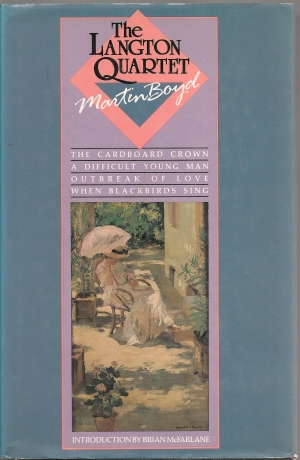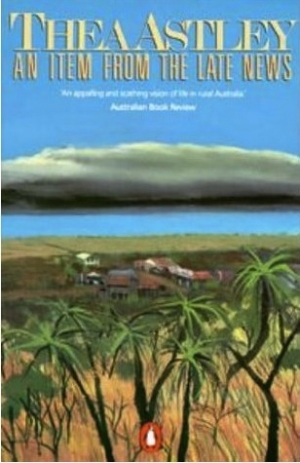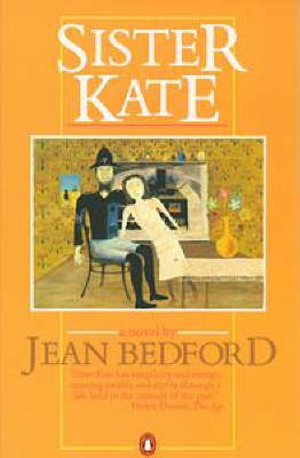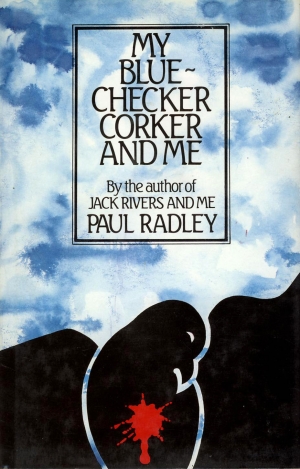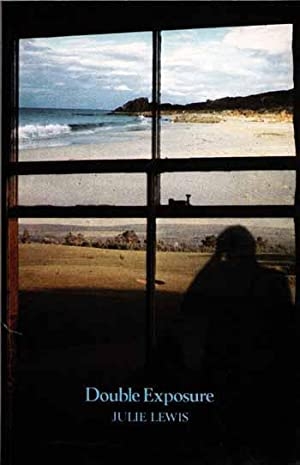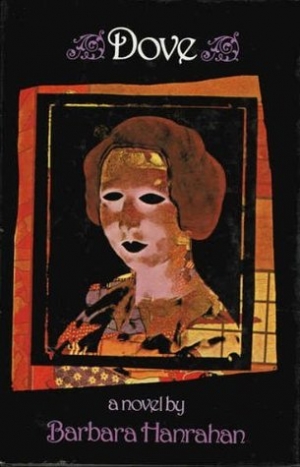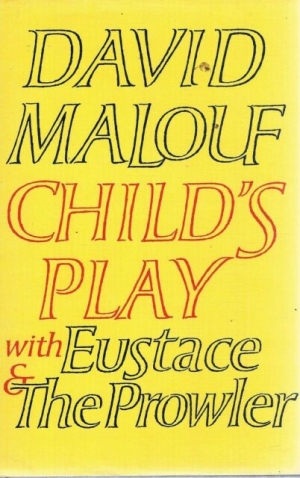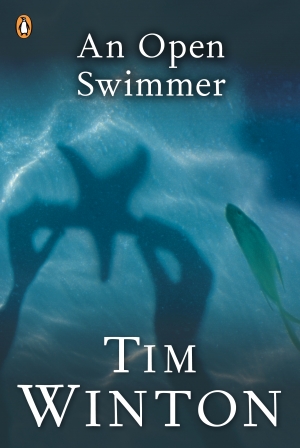Fiction
Helen Elliott reviews 'Martin Boyd’s Langton Novels' by Brian McFarlane
Brian McFarlane’s small book on Martin Boyd’s Langton novels is a particularly measured and useful study. He makes no grand claims for Boyd but sees and appreciates him for the writer that he is when he is at his best, and the Langton novels – The Cardboard Crown, A Difficult Young Man, Outbreak of Love, and When Blackbirds Sing – certainly see Boyd at his best.
... (read more)Thomas Keneally excels in stories of guilt. Schindler’s Ark joins Bring Larks and Heroes and The Chant of Jimmy Blacksmith as his best work so far. Organised and complacent cruelty to convicts, to blacks, to Jews grabs Keneally’s imagination to produce his most powerful novels. On one level, Schindler’s Ark is the story of a man who played the system to ensure the survival of his Jewish factory workers. On another level, it is their story, a compelling narrative of suffering and the will to survive. Fifty years after Hitler’s vaguely democratic marching to power, Keneally compels us to believe in the reality of the Holocaust. He writes of death, separation, and survival with the matter-of-fact authority of Kevin Heinz telling us how to mulch our petunias in a time of drought.
... (read more)Laurie Clancy reviews 'An Item From the Late News' by Thea Astley
Returning to live in Queensland seems to have done something to Thea Astley’s perception of Australian country life. In this novel, as well as in her previous one, A Kindness Cup, she gives as appalling and scathing a vision of life in rural Australia as has come from any novelist since Barbara Baynton. Although her prose is as bitingly astringent as ever in this book, it lacks the sardonic humour of her recent collection of short stories Hunting the Wild Pineapple. The pessimism and anger are almost unrelieved.
... (read more)This is a very fine first novel by Jean Bedford. Her first publication was the collection of short stories, Country Girl Again, published by Sisters Press in 1978. Sister Kate justly deserves to be one of the two bestsellers in Melbourne.
The novel traces the life of Kate Kelly, sister of the famous Ned, and opens when Kate is twelve and Edward just returned from a three-year stint in Pentridge. He is shocked and outraged to learn that his brother, Jim, a mere sixteen-year-old, has been arrested for horse stealing and sent to Pentridge also. Ned is nineteen. Kate remarks:
... (read more)John Hanrahan reviews 'My Blue-checker Corker and Me' by Paul Radley
My Blue-Checker Corker and Me probably has enough strengths to make one forget, eventually, most of its irritating features. Paul Radley’s story of ‘a small mellow world’ is unashamedly emotional. and Radley is clearly fascinated with the possibilities of language. This is the story of a twelve-year-old boy and his relationship with his grandfather, his mates and his pigeons.
... (read more)This collection of stories put me off from the first page. In the opening paragraph there is ‘an exuberant kelpie bounding’. The second paragraph outdoes that, presenting seagulls as ‘wheeling and screaming’, in search of ‘a reeking fish head’. We already know that ‘the life was lonely, but it was peaceful’. Clichés enlivened by irony or just some simple surprise of context proves useful tools in the hands of a good writer. But Julie Lewis, on the evidence of Double Exposure, is not a good writer and cliches are offered up to us without any apology. Much of the problem seems to be that she overdoes adjectives and adverbs:
... (read more)She felt for a pulse. Feeble. She gingerly touched the stubbly cheek It was bruised and there was a gash on the forehead. His clothes, seaman’s wear, were soaked. She studied the unconscious form. He was fairly young, about thirty, she thought. Looked a battler. She smiled ruefully and gently lifted the lock of hair that had fallen across his brow. It was matted with blood. (‘Flotsam’, p 2)
In Dove, the familiar Barbara Hanrahan ingredients – acute realism and the fantastic, the grotesque – are combined once again to produce yet another powerful and moving novel. The scale of realism and fantasy is, as always, finely balanced. The various locations of the novel, for instance, are beautifully realised. Hanrahan has the eye of the graphic artist for the broad canvas, the sweep of light and sky, and the telling detail. Her eye ranges from the Adelaide Hills to the suburbs of ‘pebble dash and pittosporum’ to the Mallee: ‘an antipodean jungle of stiff splintered branches, a mysterious pearly-grey gloom’ interspersed with the ‘faraway rash of green’ that is the wheat. Yet there is more to landscape than this; place is used throughout to evoke psychic states. Appleton, for instance, suggests beatitude and primal innocence. Arden Valley the fairytale potential for the transformation of life, and the Mallee the promised land of plenteous crops and realised love.
... (read more)Laurie Clancy reviews 'Child's Play' and 'Fly Away Peter' by David Malouf
The prolific David Malouf, another of our poets turned novelist, just had two short prose works published within a few months of one another. Although Child’s Play (which also includes two short stories) is set in Italy, where Malouf now resides, and Fly Away Peter in Brisbane where he grew up, the two books are thematically related, not only to each other but to the author’s earlier work.
... (read more)A sympathetic reader might feel that Tim Winton, winner of The Australian/Vogel Literary Award, is a victim of one of the unkindest tricks Fate can play on a writer, with the publication of his first novel, An Open Swimmer, at the age of twenty-one. A first novel from a writer of this age is typically seen as, a ‘young man’s book’, full of the gaucheries and immaturities of the precocious, and even if a success, it is an albatross around his neck for the rest of his career. The best one can hope for is a moderate success, substantial enough to start a career, but not either brilliant enough or bad enough to determine its direction from then on. Fortunately, Tim Winton’s first novel does not neatly fit this stereotype.
... (read more)Veronica Brady reviews 'Billy Two-Toes’ Rainbow' by Hugh Atkinson, 'The Same Old Story' by James Legasse, 'Force and Defiance' by Gedaliah Shaiak, and 'Pacific Highway' by Michael Wilding
‘Even when there’s simultaneity,’ as one of Michael Wilding’s characters says, there’s still linearity that needs to be found, and linearity is difficult to find in this group of books. So, it is better, as Wilding’s book also suggests, to let the books perform and then see the pattern they make. Pacific Highway, in fact, is a kind of haiku novel, which coheres into a single expressive emblem, the emblem of the dance its narrator offers us at the end.
... (read more)
